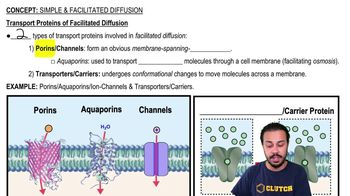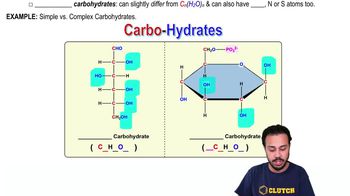Textbook Question
Dolphins have an insulating layer of blubber that protects them from cold water, but their flippers are not insulated. Propose a hypothesis to explain why dolphin flippers do not freeze. Describe an experiment you could do to test your hypothesis. (You may assume you have equipment for measuring temperatures in dolphin flippers.) What results would you expect if your hypothesis is correct?
910
views





